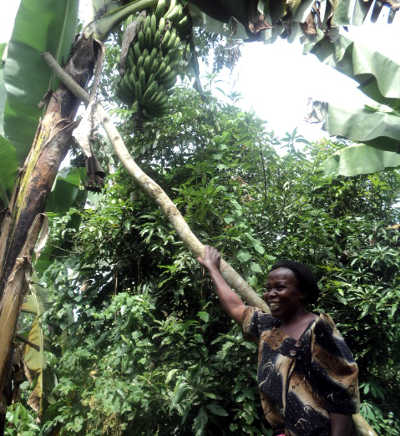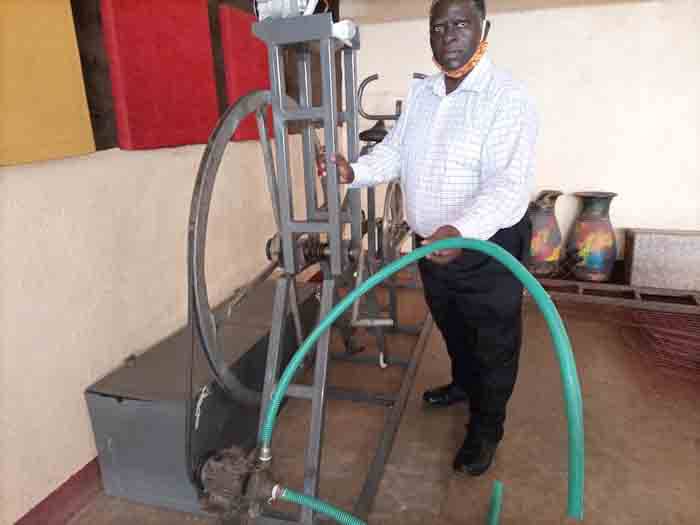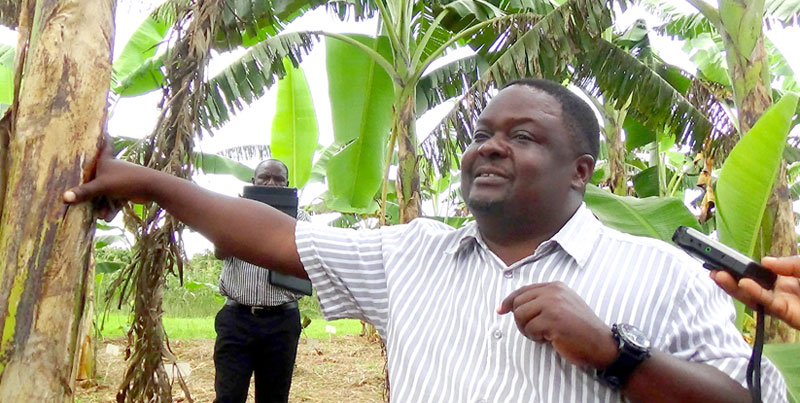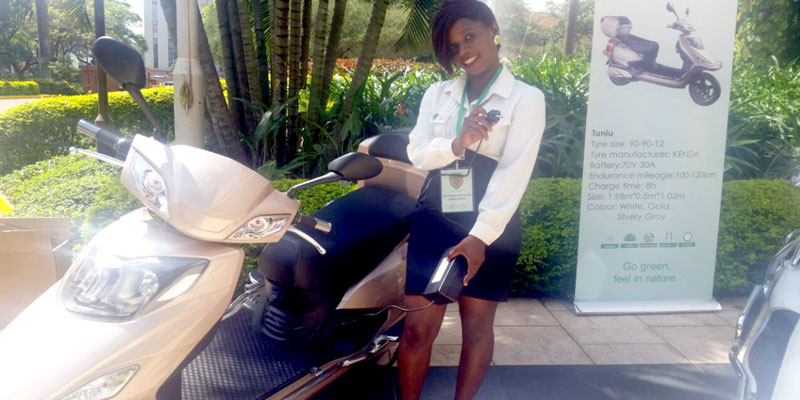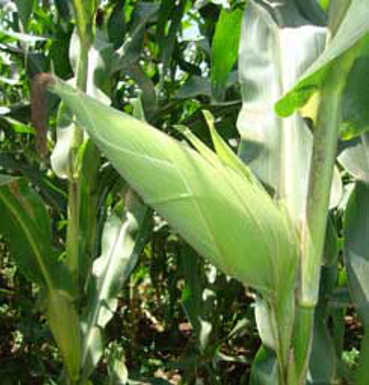The world’s first human trial of bananas that have been enriched with pro-vitamin A, to embark on the human trial, they are using the same genes to increase the availability of Vitamin A in bananas.
Kiggundu however clarified that the Australian trial is not meant to establish safety of the bananas, as this has already been determined using animal models, but rather to establish whether people who eat the fortified bananas, actually have higher levels of Vitamin A in their blood.
The Leader of the research project at QUT, Professor James Dale said initial laboratory tests were performed in Australia, before field trials in Uganda began.
“We know our science will work,” Professor Dale said: “Now the really high-performing genes have been taken to Uganda and have been put into field trials there.”
Dr. Kiggundu noted that whereas Australian researchers are working on a different variety of bananas, their findings will greatly help their counterparts in Uganda when a similar trial starts. The Australian study will however not displace the requirement for an independent trial among humans in Uganda, as this is a regulatory requirement for any studies carried out in Uganda.
“A number of our colleagues are involved with the Australian trial and we expect that the findings of that study will greatly ease our work here. However the Australian trial will not take away the need for a separate trial here in Uganda,”said Kiggundu.
At Kawanda, Ugandan researchers have successfully fortified Highland Cooking Bananas (Matooke) and apple bananas (sukaali ndiizi) with Vitamin A. and safety trials for the same bananas have been successful but Kiggundu warns the Australian-like human trial in Uganda is not expected until 2017/18.
Whereas existing regulations by the Ugandan National Council for Science and Technology (UNSCT) would permit a trial to be carried out Ugandans, the absence of a biotechnology and bio-safety law at the moment means that Ugandan farmers would still not be in position to access the Vitamin A fortified bananas.
It is estimated that Vitamin A deficiency kills up to 700,000 children worldwide each year majority of whom are in Africa where staple foods like Matooke, Maize, sorghum, millet and cassava has no vitamin.
Both studies at Queensland and at Kawanda, are supported by the Bill and Melinda Gates Foundation.
Scientists say that Vitamin A Deficiency (VAD) causes night blindness, reduces growth in children, and impairs the immune system thereby increases morbidity and mortality. The main risk factors for VAD are low dietary intake of vitamin A-rich foods, low dietary intake of fats and oils in meals, and a high prevalence of diseases. Infectious diseases exacerbate VAD by a variety of mechanisms, including reduced food intake, reduced intestinal absorption, and urinary loss of vitamin A.

